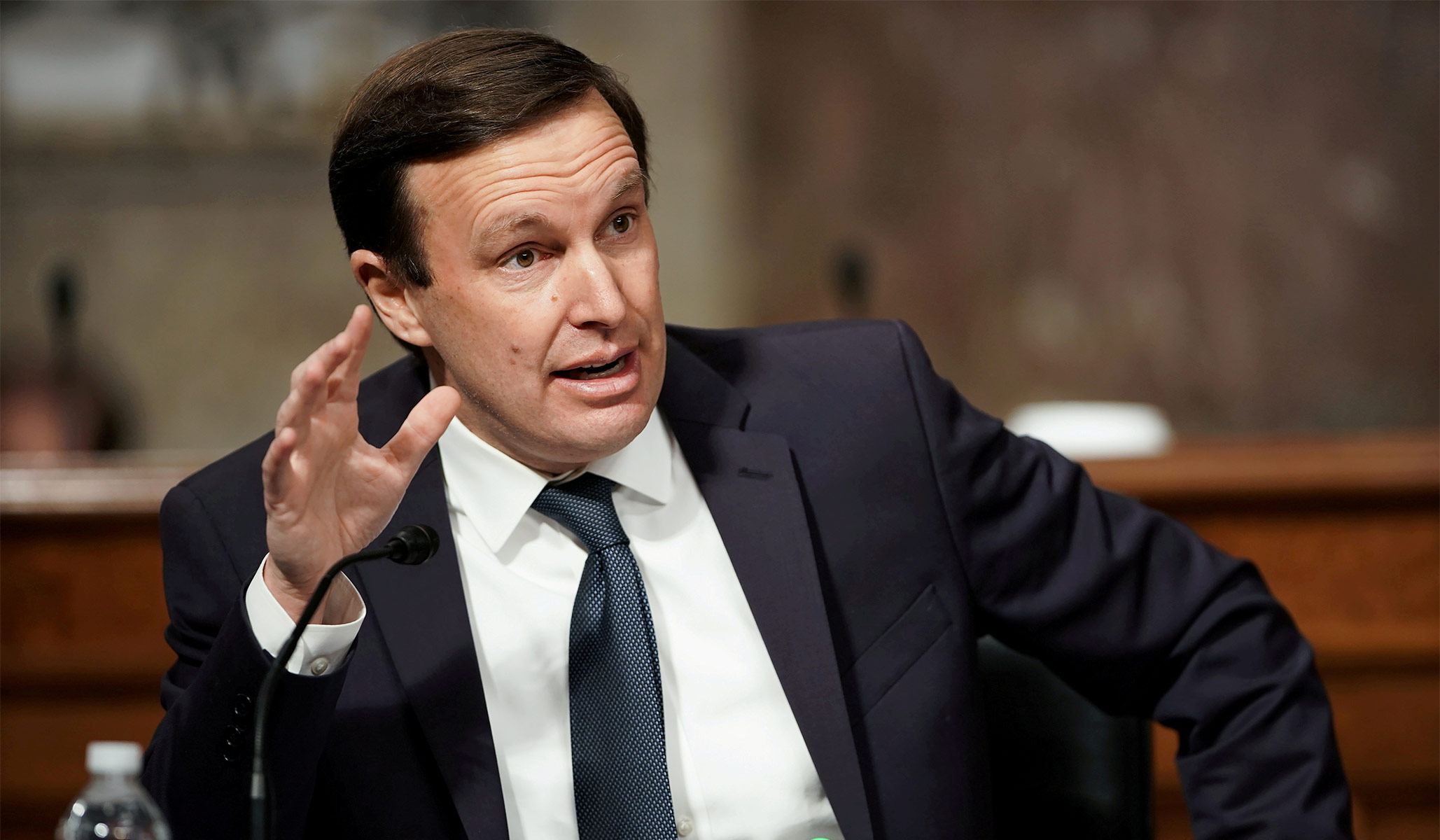


Noah Rothman is not impressed by Connecticut senator Chris Murphy’s proposed “National Strategy for Social Connection Act.” “The best government can do for the lonely,” he writes, “is get out of their way.”
I think Noah is right that federal policy cannot be a substitute for organic human connections. As he notes, heavy-handed government interventions can hollow out civil society. The pandemic is a good reminder that government policy itself can be a profound contributor to feelings of social isolation. Noah also claims that a “well-managed state devoted to doing the things that states know how to do can create the conditions in which social cohesion flourishes.” I think taking that claim seriously reveals how government policy can encourage human connection and illustrates the limits of government policy for the promotion of solidarity.
To some extent, the spirit of Murphy’s legislation should be applauded. It recognizes that public policy has more goals than the maximization of GDP. Attending to the conditions of overall flourishing is an important duty of government. That attention is particularly important in a self-governing republic like the United States. Democratic institutions and protections for personal freedoms rely upon broader funds of social and ethical capital. Without those reserves, a republic can lose its way into demagoguery, corruption, and civil strife. In its broadest sense, statecraft in a free society demands attention to social connection as well as ethical duty. As Hannah Arendt documented in The Origins of Totalitarianism, one of the essential elements for a totalitarian regime is a feeling of radical isolation — the person who feels they are a free-floating speck in the universe is much more susceptible to the false promises of ideological absolutism.
The magnitude (or even existence) of a purported “loneliness epidemic” may be contested, but social connections nevertheless have major civic value. And government policy can intersect with loneliness — creating conditions for either the flourishing or the attenuation of personal ties. For example, family is one of the biggest bulwarks against loneliness, so policies that make family formation more affordable could help create a sense of bigger connection.
Senator Murphy’s legislation laments a decline in religious participation, so strengthening religious institutions might be an important part of an anti-loneliness agenda. Much of that strengthening is beyond the purview of policy-makers, but not all. Rolling back sectarian secularist policies (which target orders of nuns or religious hospitals, for instance) could be part of an attempt to strengthen the role of religious institutions in the public square, as could efforts to make it easier for parents to secure religious educations for their children. Murphy’s bill establishes an advisory council, which would include everyone from a representative from the Department of Commerce to “1 or more representatives of LGBTQIA+ advocacy organizations.” However, it does not guarantee a seat to an organization dedicated to religious freedom — an absence that could be remedied in a revision of the bill.
Because there is already such a significant government role in elder care, programs for the aged might be one of the more fruitful policy areas for combatting loneliness. Funding for local senior centers and incentivizing more social programs at nursing homes might be some policies to help ensure that elderly Americans do not feel alone and adrift. (Natalist policies are another vehicle for countering elderly isolation — grandchildren and adult children can be a great comfort to the elderly in their twilight years.)
As the old corporate-consultant line goes, “What gets measured, gets managed,” so an agency focused on analyzing social connections could help ensure that the concerns of civic connection are represented at the policy table.
However, “What gets measured, gets managed” also may reveal the limits of a federal bureaucracy to confront loneliness. Political management entails certain risks. Like Noah, I would not look to the record of federal nutrition guidelines (the “food pyramid” of yore) as an example of government at its best. There is a risk that, as with other issues, a federal “loneliness” bureau could be captured by political interests who would seek to use the imprimatur of the federal government as a way of legitimizing a certain set of doctrines that might in fact compound unhappiness and isolation.
We saw during the pandemic how supposed expertise became a way of laundering political talking points; that potential for groupthink and factional subordination remains for a loneliness czar. It would have been nice to have someone in the federal government highlighting the dramatic costs of school closures in 2020 and 2021. But it’s unclear whether a “Director of Social Connection Policy” would have made that case during those frenzied days — or whether the American public would have been subjected to yet another functionary’s lecture about how kids are resilient and how a computer screen can provide that real social connection.
Any federal effort to confront loneliness needs to step lightly. As Alexis de Tocqueville observed long ago, the growth of centralized bureaucracies can itself inculcate a sense of atomism and a lack of agency. Federal programs that crowd out (rather than supplement) local efforts could prove counterproductive in the long term. Empowering the local remains an essential part of combatting loneliness. While government efforts may have a role in creating the conditions for social connection, Main Street and our own hearths remain essential venues for building human bonds.
